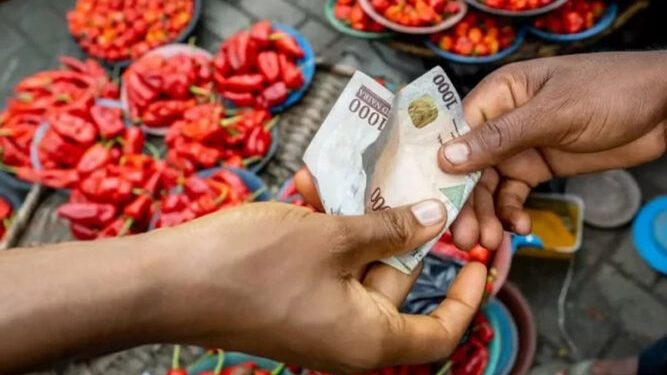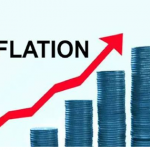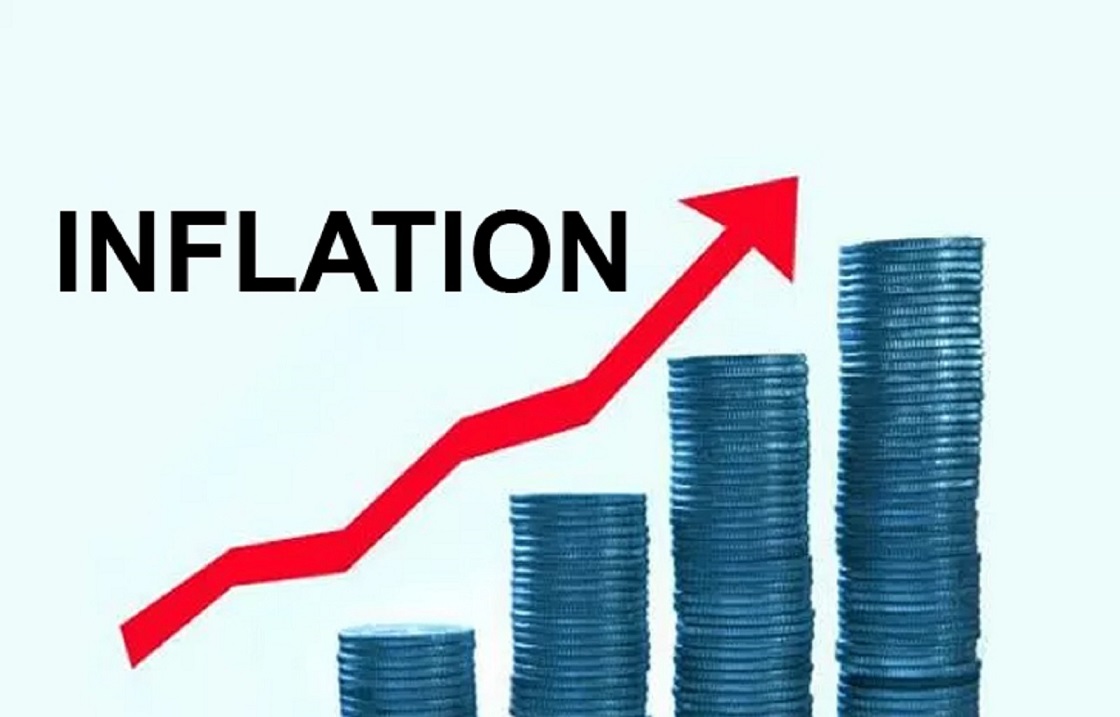The National Bureau of Statistics (NBS) has reported a significant rise in Nigeria’s inflation rate, which reached 34.19% in June 2024. This marks a 0.24% increase from May 2024’s figure of 33.95%.
The latest Consumer Price Index (CPI) data, released on Monday, indicates that the year-on-year headline inflation rate for June 2024 is 11.40% points higher than the 22.79% recorded in June 2023. This jump underscores the accelerating pace of price increases over the past year.
On a month-on-month basis, the headline inflation rate in June 2024 was 2.31%, up by 0.17% from May 2024’s rate of 2.14%. This suggests that the rate of price increases was faster in June than in the previous month.
Rising Food Prices
Food inflation, a significant component of the overall inflation rate, also saw an uptick. The NBS reported a food inflation rate of 2.55% in June 2024, a 0.26% increase from May 2024’s rate of 2.28%. This increase was driven by higher average prices of essential food items such as groundnut oil, palm oil, water yam, cocoyam, cassava, tobacco, and various types of fish including catfish, croaker, and mudfish.
The rising costs of these food items have contributed significantly to the overall increase in the inflation rate, affecting the cost of living for many Nigerians.
Economic Implications
The continuing rise in inflation poses challenges for Nigeria’s economy, impacting purchasing power and the cost of goods and services. The government and policymakers will need to address these inflationary pressures to stabilize the economy and support the population’s purchasing power.
This trend of increasing inflation highlights the need for effective economic policies and interventions to manage price levels and ensure economic stability in Nigeria.










